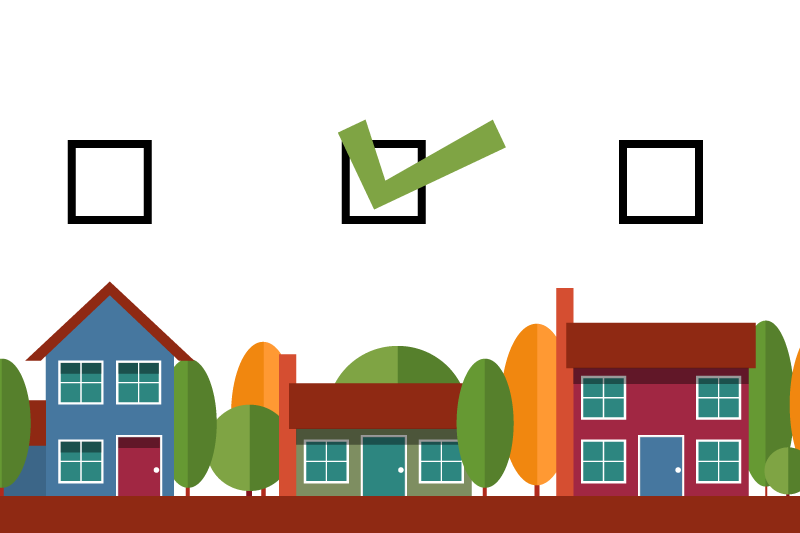
Buyer Tips • Uncategorized •
November 30, 2021
7 Reasons to Work with a Realtor®

REALTORS® aren’t just agents. They’re professional members of the National Association of REALTORS® and subscribe to its strict code of ethics. This is the REALTOR® difference for home buyers:
-
Ethical treatment. Every REALTOR® must adhere to a strict code of ethics, which is based on professionalism and protection of the public. As a REALTOR®’s client, you can expect honest and ethical treatment in all transaction-related matters. The first obligation is to you, the client.
-
An expert guide. Buying a home usually requires dozens of forms, reports, disclosures, and other technical documents. A knowledgeable expert will help you prepare the best deal, and avoid delays or costly mistakes. Also, there’s a lot of jargon involved, so you want to work with a professional who can speak the language and help you clearly understand.
-
Objective information and opinions. REALTORS® can provide local information on utilities, zoning, schools, and more. They also have objective information about each property. REALTORs® can use that data to help you determine if the property has what you need. By understanding both your needs and search area, they can also point out neighborhoods you don’t know much about but that might suit your needs better than you’d thought.
-
Expanded search power. Sometimes properties are available but not actively advertised. A REALTOR® can help you find opportunities not listed on home search sites, as well as help you avoid out-of-date listings that might be showing up as available online but no longer on the market.
-
Negotiation knowledge. There are many factors up for discussion in a deal. A REALTOR® will look at every angle from your perspective, including crafting a purchase agreement that allows enough time for you to complete inspections and investigations of the property before you are bound to complete the purchase.
-
Up-to-date experience. Most people buy only a few homes in their lifetime, usually with quite a few years in between each purchase. Even if you’ve done it before, laws and regulations change. REALTORS® handle hundreds of transactions over the course of their career.
-
Your rock during emotional moments. A home is so much more than four walls and a roof. And for most people, property represents the biggest purchase they’ll ever make. Having a concerned, but objective, third party helps you stay focused on the issues most important to you.

Real estate agent with house model and keys
Buyer Tips • Uncategorized •
November 30, 2021
7 Reasons to Own a Home


-
Tax benefits. The U.S. Tax Code lets you deduct the interest you pay on your mortgage, your property taxes, and some of the costs involved in buying a home.
-
Appreciation. Historically, real estate has had a long-term, stable growth in value. In fact, median single-family existing-home sale prices have increased on average 5.2 percent each year from 1972 through 2014, according to the National Association of REALTORS®. The recent housing crisis has caused some to question the long-term value of real estate, but even in the most recent 10 years, which included quite a few very bad years for housing, values are still up 7.0 percent on a cumulative basis. In addition, the number of U.S. households is expected to rise 10 to 15 percent over the next decade, creating continued high demand for housing.
-
Equity. Money paid for rent is money that you’ll never see again, but mortgage payments let you build equity ownership interest in your home.
-
Savings. Building equity in your home is a ready-made savings plan. And when you sell, you can generally take up to $250,000 ($500,000 for a married couple) as gain without owing any federal income tax.
-
Predictability. Unlike rent, your fixed-rate mortgage payments don’t rise over the years so your housing costs may actually decline as you own the home longer. However, keep in mind that property taxes and insurance costs will likely increase.
-
Freedom. The home is yours. You can decorate any way you want and choose the types of upgrades and new amenities that appeal to your lifestyle.
-
Stability. Remaining in one neighborhood for several years allows you and your family time to build long-lasting relationships within the community. It also offers children the benefit of educational and social continuity.


 Facebook
Facebook
 X
X
 Pinterest
Pinterest
 Copy Link
Copy Link